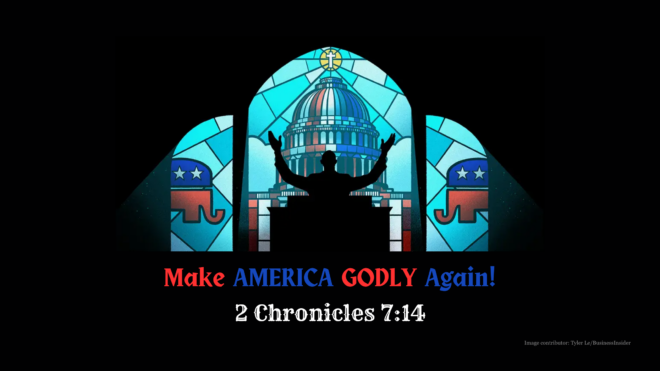After I became a Christian in 1973, I lost interest in politics for a while. Partly, I was learning about new dimensions of reality above and below the earthly that were fascinating. But also, the view that I was getting from the classical Protestant world at the time, through Bill Gothard, Wycliffe Bible Translators, and such, was one that did not inspire interest. It must be remembered that large parts of Classical Protestantism are heavily oriented to world missions, and in that day mission tended to be oriented to what I call Great Commission Utilitarianism: get people saved and discipled, and everything else will take care of itself. Wycliffe’s and SIL International’s view of politics was that every prevailing form of government, from democratic to kleptocratic, was ordained by God and was to be obeyed when it did not command us to sin. [I still think, reluctantly, given my rebellious nature, that this is true.] This is a view that has little in common with today’s Religious Right or Religious Left.
As I might have said before, it was the attack on the Santa Ana Rescue Mission in the late 1970s that awoke me to politics again. It was declared to be ‘blight’ and to be removed from the city. As Descartes doubted everything but could not doubt that he doubted, I could not doubt that I thought the city government should not, in a just and democratic society, have the right to do that. And I sort of rebuilt my political convictions from there. Among them:
1. Justice sometimes requires the limitation of government authority, over property and other things. As I would put it now, freedom may not be the first Christian value, but it is hard to have justice without a measure of freedom.
2. ‘Big Government’ must be opposed at the local level and not merely in Sacramento and Washington DC. ‘Local Control’ is a lesser evil, but only because you don’t have to run as far to escape.
3. The interests of the ‘common good’, or at least what gets defined as the ‘common good’, are not always in sync with the interests of those people in whom Jesus took a special interest: the poor, the crippled, the excluded and marginalized [the tax collectors weren’t poor]. In fact, I’m not sure that Jesus was seen as ministering to the ‘common good’!
This puts me at odds with a lot of political philosophy on the right and on the left.



